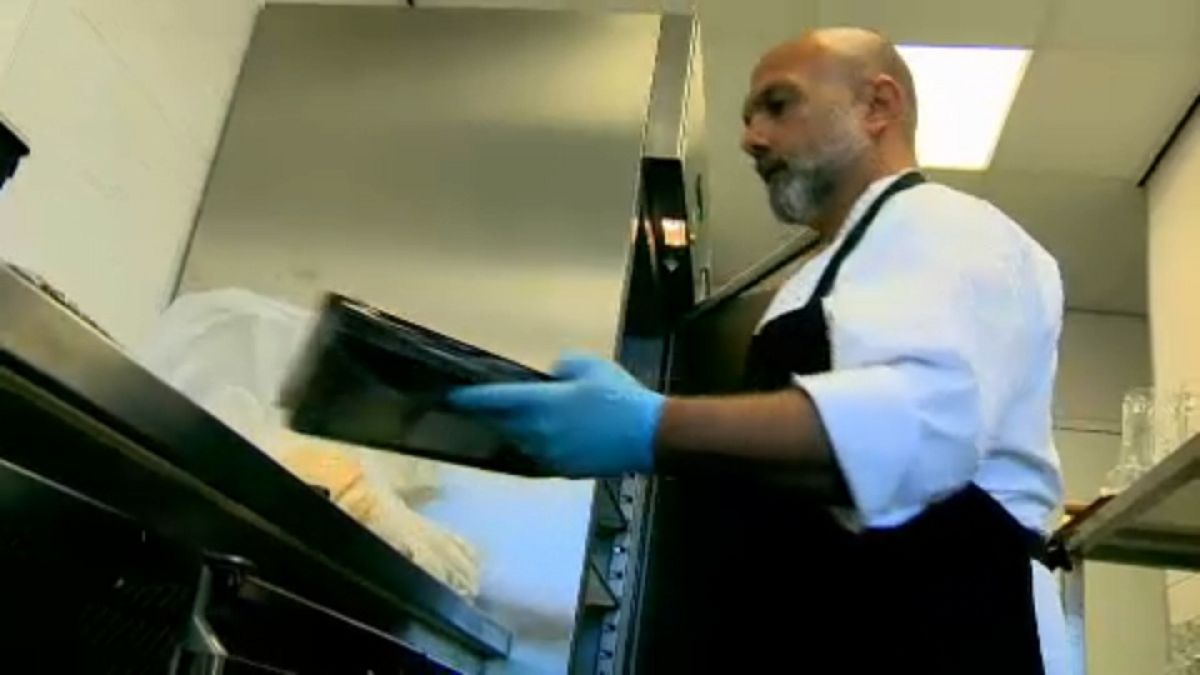That's the aim of a new pilot project by the International Organisation of Migration called Skills2work. Its hoped it'll bridge the gap between the working population and aging community within the EU
Training migrants so that they can get jobs in Europe: that's the aim of a new pilot project by the International Organisation for Migration called Skills2work.
According to the Organisation for Economic Co-Operation and Development, the project should bridge the gap between the working population and ageing community within the EU.
The Netherlands is one of the nine member states that has been taking part since 2016
John is a refugee from Syria who was a sales manager and is now a cook in Amsterdam. "I am so glad to pay taxes because, thanks to God, I was on [welfare] for only seven months. So it is not too much. So, the money I took from other people, the ones who pay taxes, now I am paying back and I am paying also for the other people to [get off welfare] and to support them[selves]. I start feeling that this is my country, these are my people and my colleagues are so nice, they make me feel that I am home."
John took part in the programme which matches thousands of people with local authorities, NGOs and human resource companies.
Learning the language is the main challenge.
John is one of around 300 refugees whom Manpower has helped.
Social Development Manager, Dirco Dekker, says: "Each individual is different, we do not have just one training [programme] for all refugees. In some cases, we work together with municipalities, and we give training about how to find work, how does it work in the Netherlands, how you write a CV, how to deal with your colleagues".
Our reporter, Isabel Marques Da Silva, says: "There is much talk about legal and safe ways to bring migrants and refugees into Europe. One of them could be the expansion of the Blue Card work permit, created in 2009. But the revision of this directive has been blocked for months."
The revision was started by the commission and parliament wants to expand the Blue Card to refugees and make it more flexible, by changing the length of time given for a contract; altering the requirements for professional experience and qualifications; and changing the length of time migrants can hold a Blue Card and reside in any EU country.
But member states have been blocking the process since last December, with the relevant committee in the European Parliament criticizing what they see as a lack of political will.
President of the LIBE Committee, Claude Moraes, says: "We expect that we can go all over the world and we can decide what we take from the rest of the world but we do not even want to manage migration. That is an issue and it was reflected in this simple revision of the Blue Card, which is used quite a lot by countries, like Germany, but now, with the toxic debate, has been rejected"
When member states finally agree, more people like John can have access to the European labour market.
